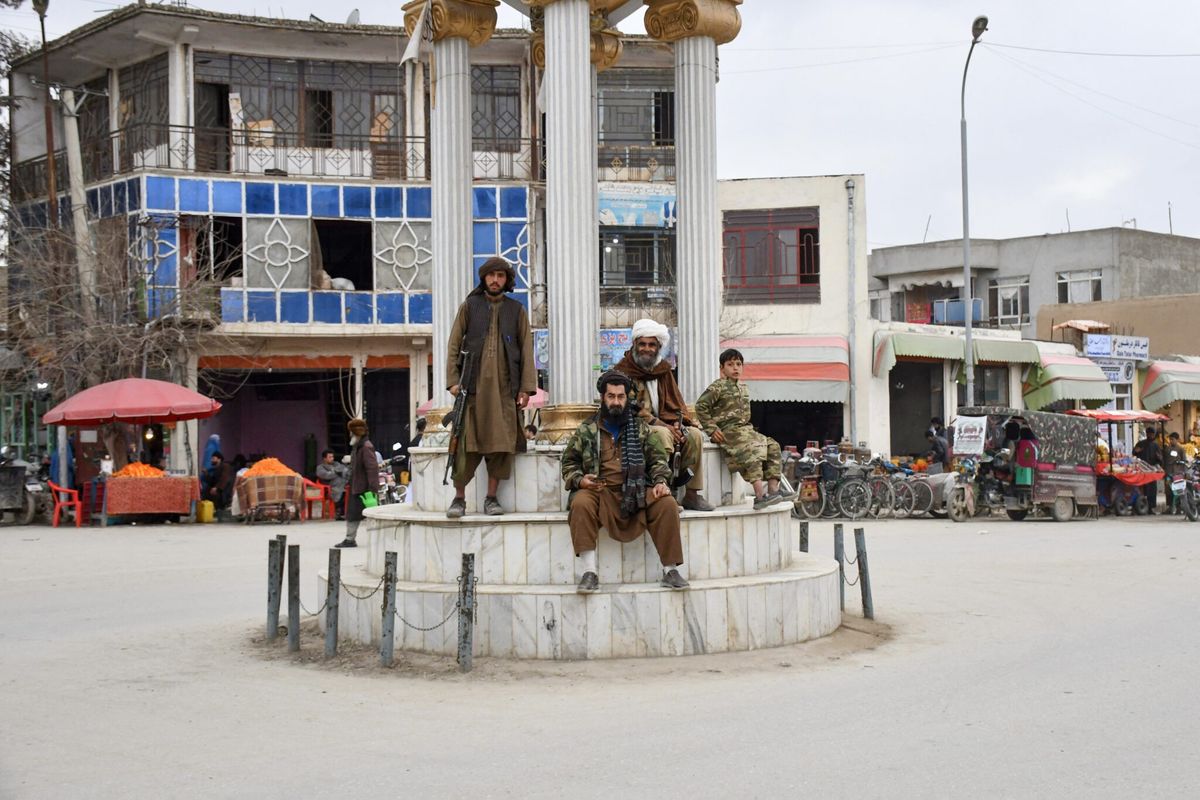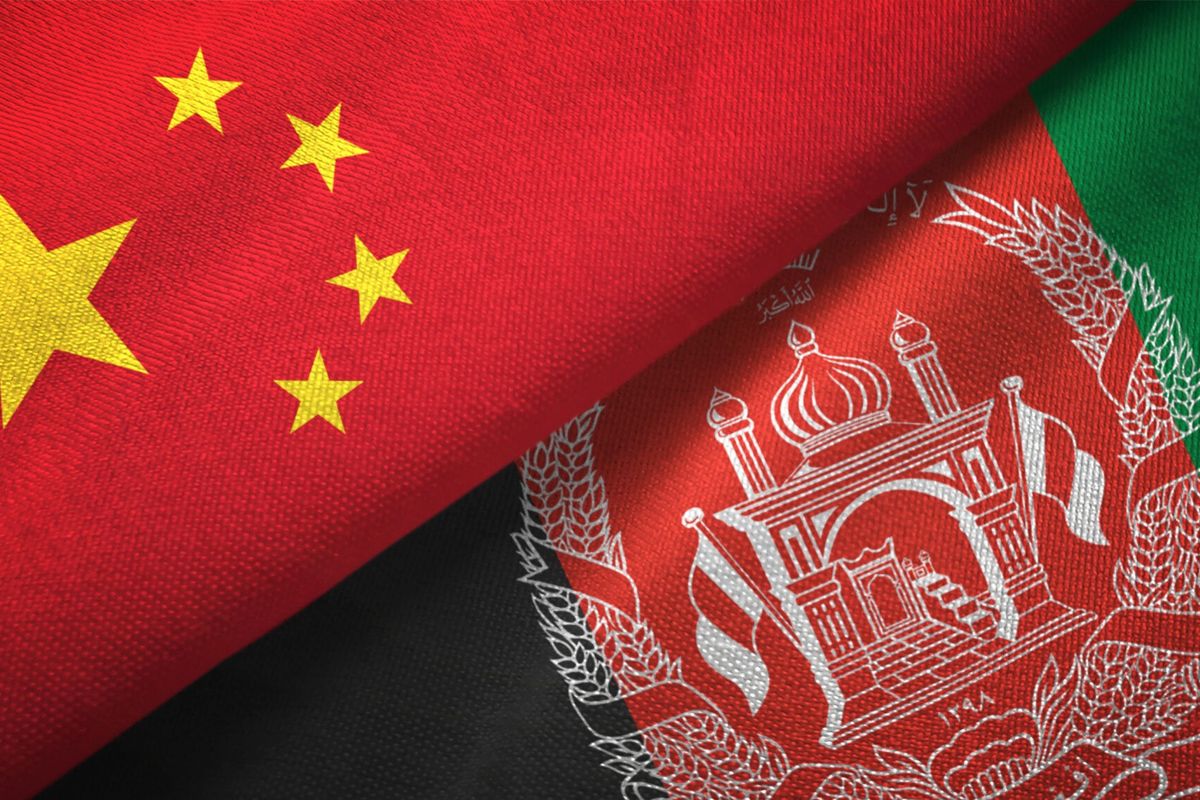The Cipher Brief spoke with Representative Will Hurd, R-Tex., about what more the U.S. can do to improve security and the economy in Afghanistan. Hurd believes that an improved Afghan Air Force and more Afghan Special Forces “would really put the Taliban on the run.” As well, Hurd says, the U.S. should put more attention and focus on building “a true Afghan economy.”
The Cipher Brief: According to many reports, the Taliban controls more territory in Afghanistan than at any point since November 2001. What more can the Afghan government and Afghan Security Forces do to beat back Taliban advances? What role can the U.S. and coalition forces play in aiding this effort?
Will Hurd: It’s incredibly disappointing that with the amount of blood, sweat, and treasure that has been spent in Afghanistan, the maps look worse than they did when we first went into the country. But I do have to say that the Afghan Special Forces are probably the bright spot.
U.S. commanders on the ground have said that when it comes to counterterrorism fights in Afghanistan, our troop strength is enough, but the problem is in the train-and-equip missions. Over the last few years the Afghan National Army has incurred some pretty significant losses, so that means they are having to recruit more people [and] need to be able to train them, equip them, and get them ready to fight.
We also need to be supportive of the Afghan Air Force and to make sure that the Afghans have the close air support they need to continue with their own operations. If we are able to achieve that, then I think you will see some changes on the battlefield.
Separately, we have to figure out how to convince the Pakistanis that it is in their best interest to have a safe and secure Afghanistan free of the Taliban, because when you have a place for the Taliban to regroup, train, and launch attacks from, that’s a problem.
CB: Recent reports say that Afghanistan plans to double its number of Special Forces. Do you think that could be an effective approach in beating back the Taliban?
WH: The Afghan Special Forces have been one of the most effective fighting forces in the country. That has been a positive development. But being able to pair Afghan Special Forces with a proper Afghan Air Force would be a two-pronged approach that would really put the Taliban on the run.
TCB: Is there any way for the U.S. to increase pressure on the Pakistani leadership to show that it is in Pakistan’s best interest to eliminate Taliban safe havens in its territory?
WH: There have been recent Pakistani victories over insurgent groups in the northern part of the Federally Administrated Tribal Areas (FATA), so the Pakistanis absolutely have the capabilities to do this. But the Taliban and the Haqqani network are still involved in destabilizing operations in Afghanistan.
And with respect to the Taliban reconciliation process – where are the Pakistanis involved in helping to support that process?
TCB: In a February interview with The Cipher Brief, John Sopko, Special Inspector General for Afghanistan Reconstruction, called Afghanistan “one of the most corrupt countries in the world” and said that “In Afghanistan corruption is endemic, it’s institutionalized.” What’s your reaction to that? How can the Afghan government work more effectively to root out corruption and focus on improving Afghanistan’s economy?
WH: There have been numerous times when reconstruction projects are happening in Afghanistan and we don’t have someone going and eyeballing them because of the security situation in the country. If you don’t have folks on the ground reviewing the activity, then you’re going to see problems.
We also have to put a little more attention and focus on how we build a true Afghan economy. Building up the economy will probably have to deal some with the minerals that the Afghans have. That’s the unique national treasure that they have access to. Is there a way to make that industry something that props up the Afghan economy?
But the reason that you have some of the corruption is because there are not ways for people to make money, and there is not a robust and dynamic economy. This is a large problem when we look at all the levels of national power – diplomatic, intelligence, military, and economic. Sometimes we forget the role that the economic level of power plays. Improving the country’s economy would help towards enhancing rule of law within Afghanistan.
TCB: Is Afghanistan currently receiving the appropriate amount of attention from the U.S. government? Is it prioritized as it should be?
WH: The U.S. military recognizes the importance and the role that Afghanistan plays in our national security. We have to always remember why we went into Afghanistan in the first place – because people plotted and killed Americans from there. we cannot let that be a place where that can be done again. There are more foreign terrorist organizations operating in Afghanistan than any other country in the world. That means Afghanistan should be receiving the right kind of attention.
Because we have been there for so long, there might be Afghan fatigue. But my heart is warmed when I see my colleagues here in the House of Representatives still committed and focused on making sure that our men and women in the military, diplomatic corps, and intelligence services have the tools they need in Afghanistan.













